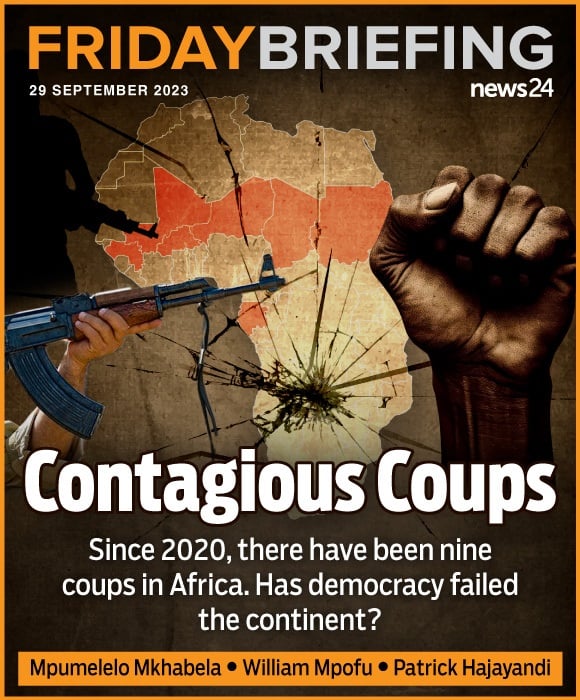Democracy Denied: Has Africa Failed the Continent?
Key Highlights :

The African continent has seen a worrying trend of coups since 2020, with nine coups taking place in countries such as Mali, Chad, Guinea, Sudan and Burkina Faso. This has led many to question whether democracy has failed the continent. While it is true that the coups have been a cause for concern, experts believe that the root cause of the problem lies in the lack of genuine democratic practices and legitimate alternations of power in Africa.
The most egregious example of this is the manipulation of constitutional, political and party systems by leaders in order to maintain their grip on power. Elections are held, but they often lack integrity and serve only to legitimise a ruler’s stay in power, rather than providing citizens with an opportunity to exercise their voice and choice. This has been seen in the case of Equatorial Guinea’s Teodoro Obiang Nguema Mbasogo, who has been president since 1979, and Uganda’s Yoweri Museveni, who has been in power since 1986.
The lack of coherent policies from governments to set their countries on a sustainable path to development and eradicate poverty has also been a contributing factor to the rise in coups. The Afrobarometer research network has found that despite the efforts of some leaders to undermine democratic norms, Africans remain committed to democracy and democratic institutions. This suggests that while the people might value democracy, the leaders do not.
This opens up the space for the military to overthrow civilian governments and gain civilian support. It can be argued that this is a necessary disruption of established rule to usher in a better, democratic government. As such, it is important that governments push for improved democratic governance rather than finding new ways of rigging systems to stay in power, which only serves to perpetuate the cycle of coups.
It is also important to consider the role of external actors in the coups that have taken place in Africa. France has been accused of interference in the Sahel region, where many of the coups have occurred. This raises questions about the nature of France’s relationship with the region and suggests that it might need to be reconfigured in light of recent developments.
Ultimately, it is clear that the rise in coups in Africa is a cause for concern and that the continent needs to take steps to ensure that democracy is not only valued, but also protected. This can only be achieved through genuine democratic practices and legitimate alternations of power, as well as coherent policies from governments to set their countries on a sustainable path to development and eradicate poverty. It is only then that the continent can hope to break the cycle of coups and ensure that democracy is not only alive, but also thriving.
